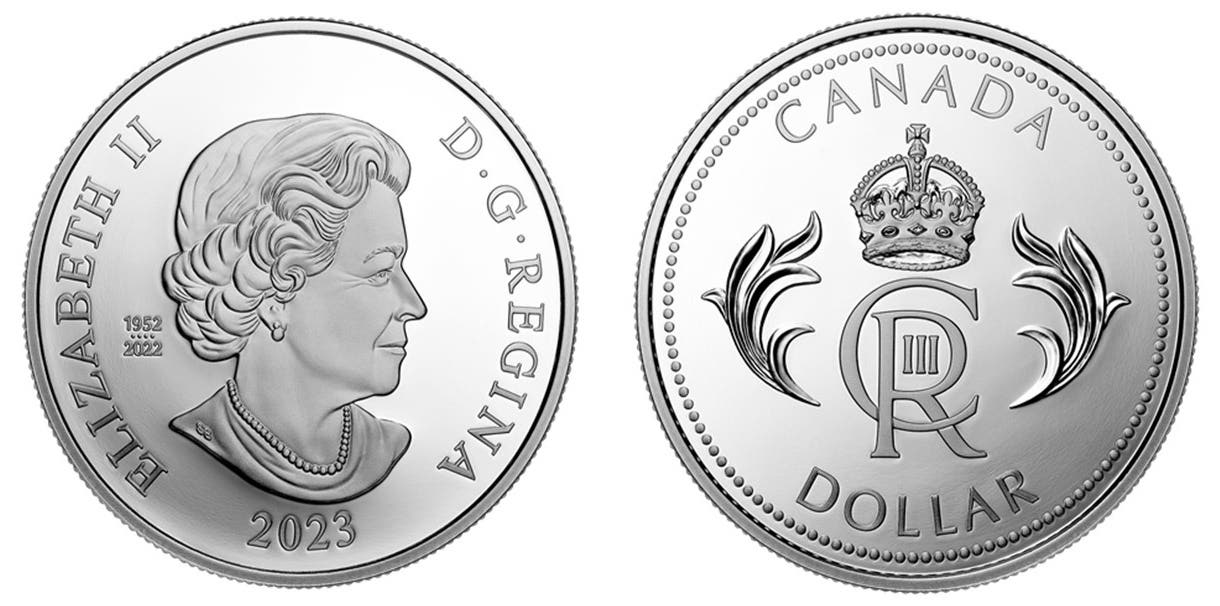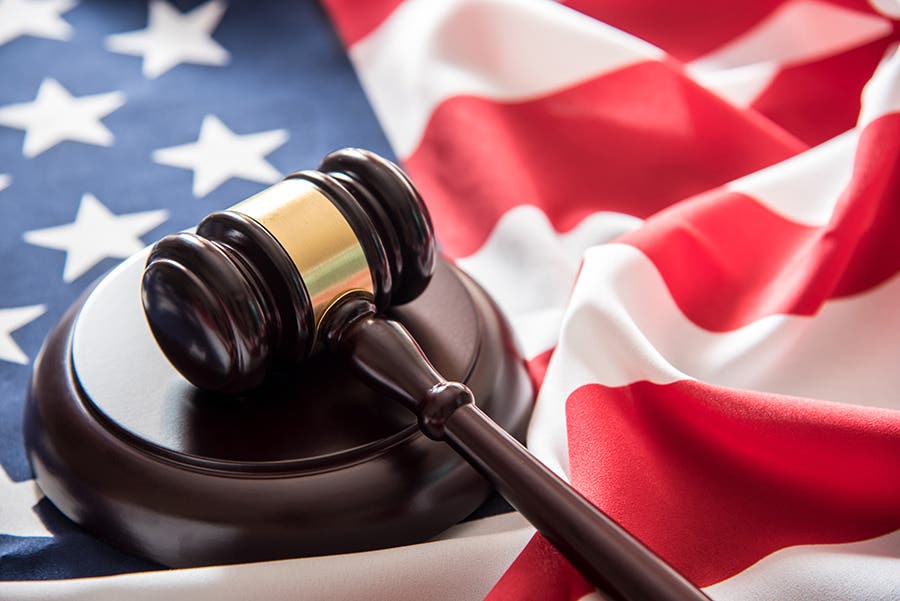Dealer paperwork burdens are soaring
The U.S. Supreme Court decision last June in South Dakota v. Wayfair has unleashed a growing number of new paperwork requirements on all businesses, including everyone who engages in the…
The U.S. Supreme Court decision last June in South Dakota v. Wayfair has unleashed a growing number of new paperwork requirements on all businesses, including everyone who engages in the wholesale and retail sales of coins and precious metals. Unfortunately, the paperwork burdens and financial costs are going to keep growing, probably until federal legislation is enacted to establish a consistent standard.
The court case expands the list of businesses that may be required to collect sales and use taxes in individual states. In the past, there was a requirement for the business to have a physical nexus such as property, inventory, or staff in the state. Now, the definition can include businesses with no physical nexus at all but who engage in sufficient remote sales with customers in a particular state. This includes transactions conducted over the internet, by telephone, via mail-order, or otherwise.
The Supreme Court’s decision did not define the threshold amount of transactions or dollar amount of total sales that would require a business to register and collect sales and use taxes for any state other than South Dakota. Without a standard national definition, each state (all of which are desperately scrambling to increase tax collections) has been working to come up with its own definition of the minimum threshold that would require out-of-state businesses to register to collect sales taxes.
Already, about 30 states have come up with their specific regulations. Oklahoma and Pennsylvania, for example, require out-of-state businesses that conduct at least $10,000 in annual sales with in-state customers (apparently including all wholesale transactions) to be registered with that state’s treasury, collecting that state’s sales tax, and filing periodic sales tax reports to remit the collected taxes. This paperwork is required even if no sales taxes were collected, since both states exempt coins and precious metals retail sales from sales tax.
Some states, such as Connecticut, exclude wholesale sales in determining whether a business meets the minimum threshold of transactions or sales volume, but don’t assume that wholesale sales are omitted from determining potential registration and tax collection requirements unless you obtain detailed instructions to that effect.
The state of New York is working on legislation/regulations that appear to require any business conducting any business activities anywhere in the United States, even if they never ever engage in transactions with anyone in New York, to register to collect New York sales taxes and file sales tax reports. Other states are looking to possibly follow New York’s example.
By the way, there are ten states that do not recognize sales tax licenses in other states as providing an exemption from the collection of sales taxes. Thus, the possibility exists that any business making a wholesale sale to a business in another state may be required to collect and pay sales tax. The purchaser would then have to go through the hassle and cost of seeking a refund of the taxes paid.
Businesses that become liable for collecting sales taxes in states other than where they are located also may be at risk of being subject to the filing of business income tax or other tax forms and paying taxes.
Unfortunately, there is little to no protection for businesses from being erroneously victimized by out-of-state treasury departments. State treasuries do not need to first conduct an audit of a business before they send out notices of failure to register, file forms, and pay taxes, and adding penalties and interest. Businesses that receive such notices would then have to contest these assessments in the other state, which could be costly. Failure to contest such notices, as I noted above, could then subject the business to income and other taxes as well.
It would not be difficult, as an example, for a state treasury to contact an online marketer such as Amazon or eBay to ask for details or at least a summary of all sales made by a seller that were shipped to an address in that state. Even if the total volume did not meet that state’s minimum quantity of transactions or sales volume, the treasury could still send out a notice to all the sellers to either register or provide proof that they are not subject to registration in that state.
Small businesses, including casual sellers online, may decide that the paperwork burdens imposed by dozens of states may be too costly to justify remaining in operation. As a consequence, I would not be surprised to see many low-volume coin businesses close during 2019 and 2020.
This requirement that every business in America become familiar with the registration requirements for collecting sales taxes in all 45 states that impose sales taxes, and filling out tax forms where required, is going to be a growing nightmare. The easiest resolution would come from the enactment of federal legislation establishing consistent regulations. This will not happen until after there is a massive outcry from small businesses suffering under soaring paperwork burdens—which means it will not happen soon enough for many companies.
It happens that the national coin dealer trade association, the Industry Council for Tangible Assets (ICTA), has been particularly on top of the issues emanating from the South Dakota v. Wayfair Supreme Court decision. However, the extent of work that it can do to protect coin dealers (almost all of whom would be classified as small businesses) is limited to the funding it receives. In my judgment, just about every coin dealer needs to become an ICTA member if they are not one already. The membership fees may end up being far less expensive than the hundreds to thousands of dollars of costs of hiring professionals to comply with registration requirements from multiple states and fending off tax assessments.
You can go to ICTA’s website to learn more information about this emerging crisis at https://www.ictaonline.org/. To join ICTA today, go to https://www.ictaonline.org/join-icta.
As an aside, with states paying more attention to sales tax issues, that increases the risk that the 32 states that have specific partial or complete sales tax exemptions on the retail sales of coins and precious metals may decide to eliminate or restrict those exemptions. ICTA is currently supporting efforts by dealers in Nebraska and the state of Washington to stop bills now in their legislatures that would remove such exemptions there.
Note: None of the foregoing is meant to represent legal or tax advice, which you should obtain from competent professionals. Full disclosure: I have served ICTA as treasurer and as a member of the board of directors and its executive committee since 2002, though the statements in this column are my personal comments and not official statements by ICTA.
Patrick A. Heller was the American Numismatic Association 2018 Glenn Smedley Memorial Service Award, 2017 Exemplary Service Award, 2012 Harry Forman Dealer of the Year Award, and 2008 Presidential Award winner. He was also honored by the Numismatic Literary Guild in 2017 and 2016 for the Best Dealer-Published Magazine/Newspaper and for Best Radio Report. He is the communications officer of Liberty Coin Service in Lansing, Mich., and writes Liberty’s Outlook, a monthly newsletter on rare coins and precious metals subjects. Past newsletter issues can be viewed at http://www.libertycoinservice.com. Some of his radio commentaries titled “Things You ‘Know’ That Just Aren’t So, And Important News You Need To Know” can be heard at 8:45 a.m. Wednesday and Friday mornings on 1320-AM WILS in Lansing (which streams live and becomes part of the audio and text archives posted at http://www.1320wils.com).
This article was originally printed in Numismatic News Express. >> Subscribe today
If you like what you've read here, we invite you to visit our online bookstore to learn more about Numismatic News.
NumismaticNews.net is a participant in the Amazon Services LLC Associates Program, an affiliate advertising program designed to provide a means for sites to earn advertising fees by advertising and linking to Amazon.com and affiliated websites.








